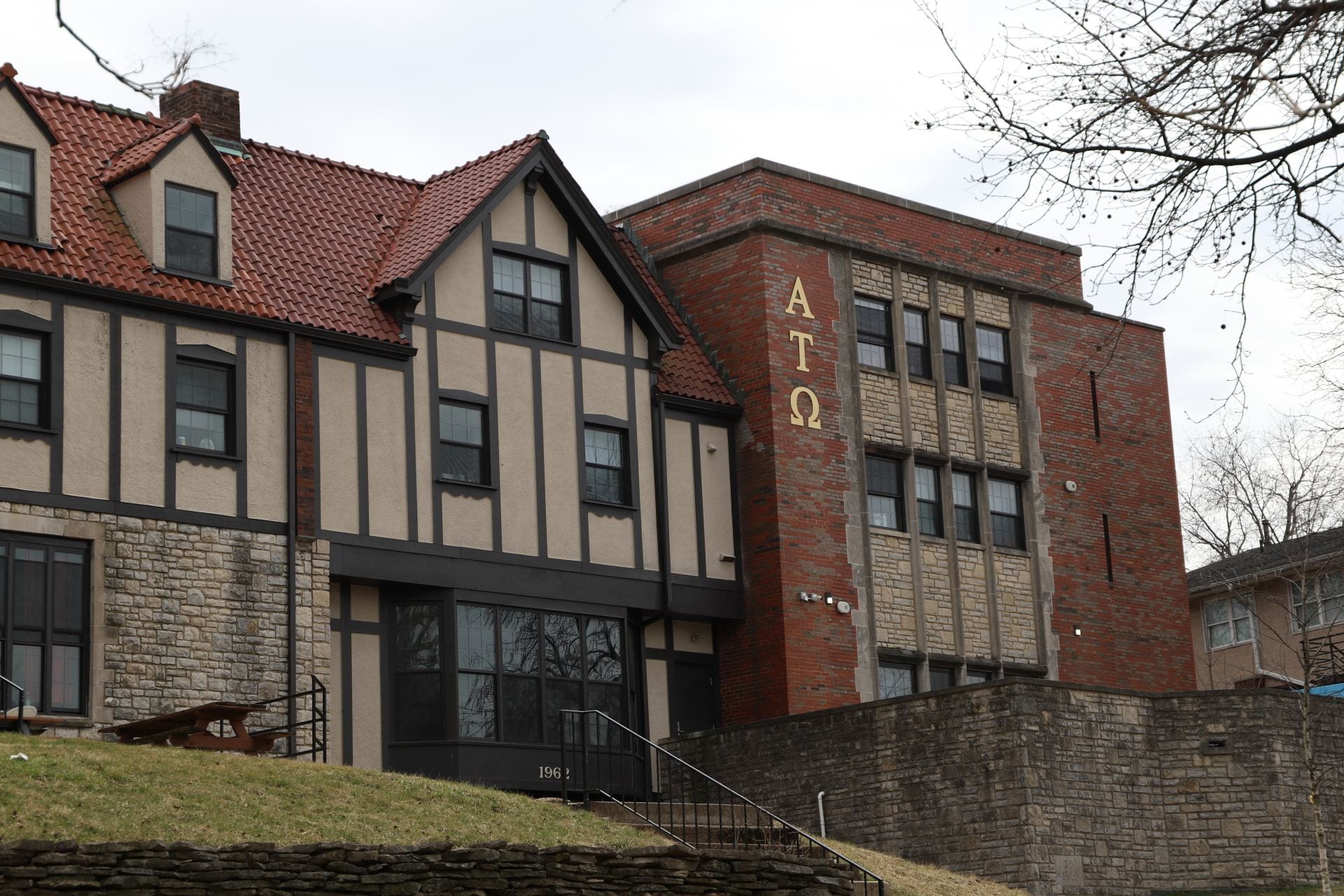Freshmen starting out at Ohio State this quarter will probably be members of one of the last classes that were admitted by a system where an applicant’s race was considered as a factor in admission. This system, called “affirmative action,” is finally being ended for a number of reasons.The first reason is that it is unconstitutional, and the courts have been increasingly assertive in making sure affirmative action programs receive the strict constitutional scrutiny that they deserve. One instance of this was the case Hopwood v. University of Texas Law School. That college had two separate admissions standards, both based on the LSAT test. If a black student got a certain score on the test he would be automatically admitted, but if a white or Asian student got the exact same score they’d be automatically rejected to the law school. The court ruled that this type of admission system violated the Equal Protection Clause of the 14th Amendment, and forced Texas to dismantle this discriminatory system.Another major court decision against racial preferences involved the president of our own university, Brit Kirwan, while he was still at the University of Maryland. The plaintiff was an Hispanic student, Daniel Podberesky, who attempted to apply for the university`s Benjamin Banneker scholarships. Though he was more than qualified for the generous full-ride scholarships, he was not even considered because the university only allowed blacks to apply for the scholarships. A federal court ruled against the one-race-only scholarships in the case Podberesky v Kirwan, saying they violated the Civil Rights Act of 1964, and thus ended all similar scholarships in Maryland and the other east-coast states under its jurisdiction.It is not only the courts that have become leery of racial preferences, but the people too. In 1996 California voters overwhelmingly approved Proposition 209, which, among other things, ended the affirmative action programs in that state’s public colleges and universities. The leader of the initiative, a University of California regent named Ward Connerly, was viciously attacked because of his advocacy. Connerly, who is black, was called a sell-out, an Uncle Tom, and worse. Despite all the venom directed against him, he got a similar initiative on the ballot in Washington in 1998, and in that state voters once again supported it by a landslide, despite the opposition from the governor, the leaders of both the Republican and Democratic parties and the state’s largest unions and businesses.The year 2000 should be the worst year for racial preferences yet. That is the year that polls say George W. Bush will be elected president. Though he has not taken a stand against racial preferences, Bush has promised to only appoint judges who will uphold a strict interpretation of the Constitution, meaning there will be more decisions like those made in the Hopwood and Podberesky cases. Meanwhile Ward Connerly is well on his way to putting racial preferences up to a vote in both Michigan and Florida, where voters are almost certainly going vote them down.In the end it will not matter whether it will be the courts or the electorate that finally end the use of racial preference programs in the United States. They both have valid reasons for their positions: for the courts the reason is the Constitution which they have sworn to uphold and protect; for the public it is the inherent unfairness of the whole system. What does matter is that a system which has created so much anger and division is finally going the way of the dinosaurs.
Greg Weston is a junior economics major from Dayton.


